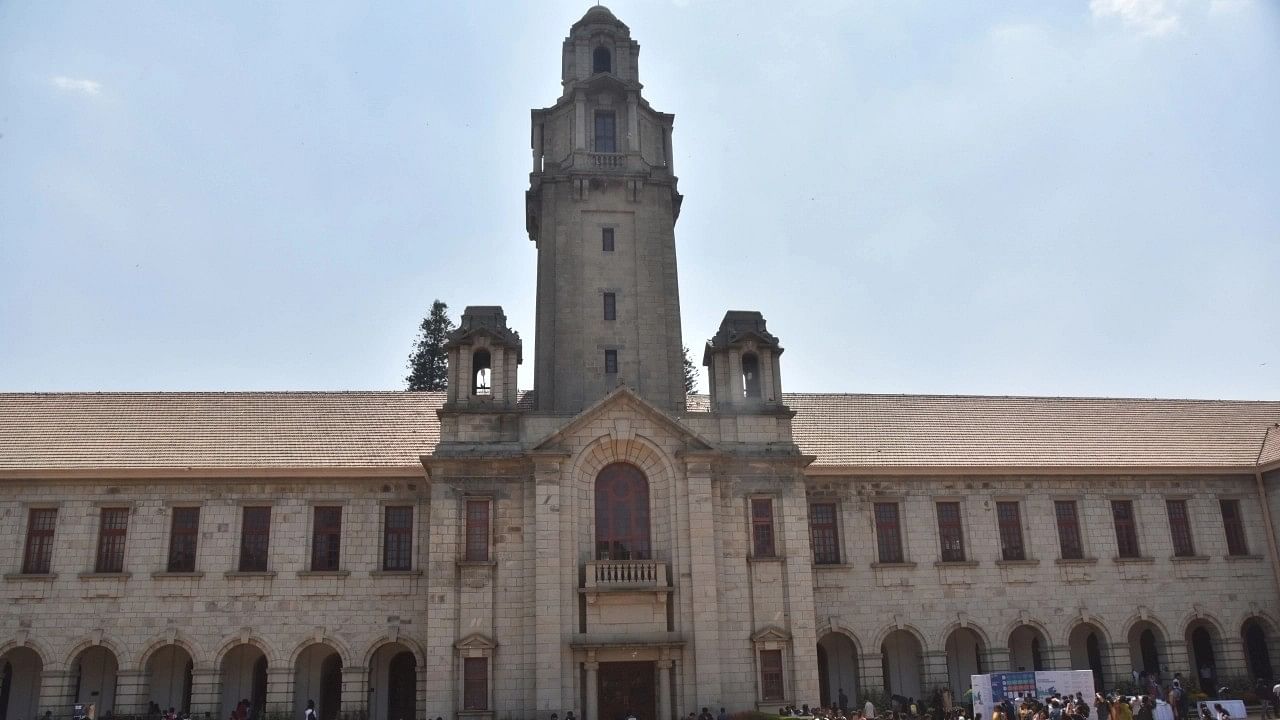
The Indian Institute of Science (IISc) Bengaluru
Credit: Janardhan BK/DH Photo
Bengaluru: How fast do cancer cells grow and spread? What is the timeline for this process from the formation of such cells to the progress it makes in the patient's body?
These are some of the path-breaking areas that the Param Hansa Centre for Computational Oncology (PHCCO) will foster research in the Indian Institute of Science (IISc). Launched on Thursday, the PHCCO is being set up at IISc with support from the Param Hansa Philanthropies (PHP) that has pledged USD 1 million over the next seven years.
The IISc said the PHCCO would be involved in using mathematical models for predicting and quantifying progression of cancer cells, metastasis and tumor relapse. For reference, metastasis is a condition when cancer spreads to a different part of the body part than where it started.
This research will identify the underlying fundamental dynamics of these multi-scale processes and eventually, improve treatment of patients. The PHCCO will integrate cutting-edge computational methodologies with advanced cancer research.
Through the centre, efforts will be made to form a community of computational oncology leaders in India, by initiating inter-institutional, cross-disciplinary collaborations among researchers.
The PHCCO will be led by Mohit Kumar Jolly, associate professor at the Department of Bioengineering, who heads IISc’s Cancer Systems Biology research group.
IISc Foundation, a non-profit established and managed by IISc volunteer alumni in the USA, has facilitated the partnership with PHP.
Speaking at the launch, Dheeraj Pandey, founding director of PHP, said that the collaboration with IISc is aimed at creating a “long-term impact” in the area of computational oncology and building a cadre of young scientists who will make a significant contribution to research and training future researchers in this field.
“At IISc, we are constantly seeking to push frontiers in cutting-edge research and encourage cross-disciplinary partnerships that solve pressing clinical challenges,” Prof Govindan Rangarajan, director of IISc, said.